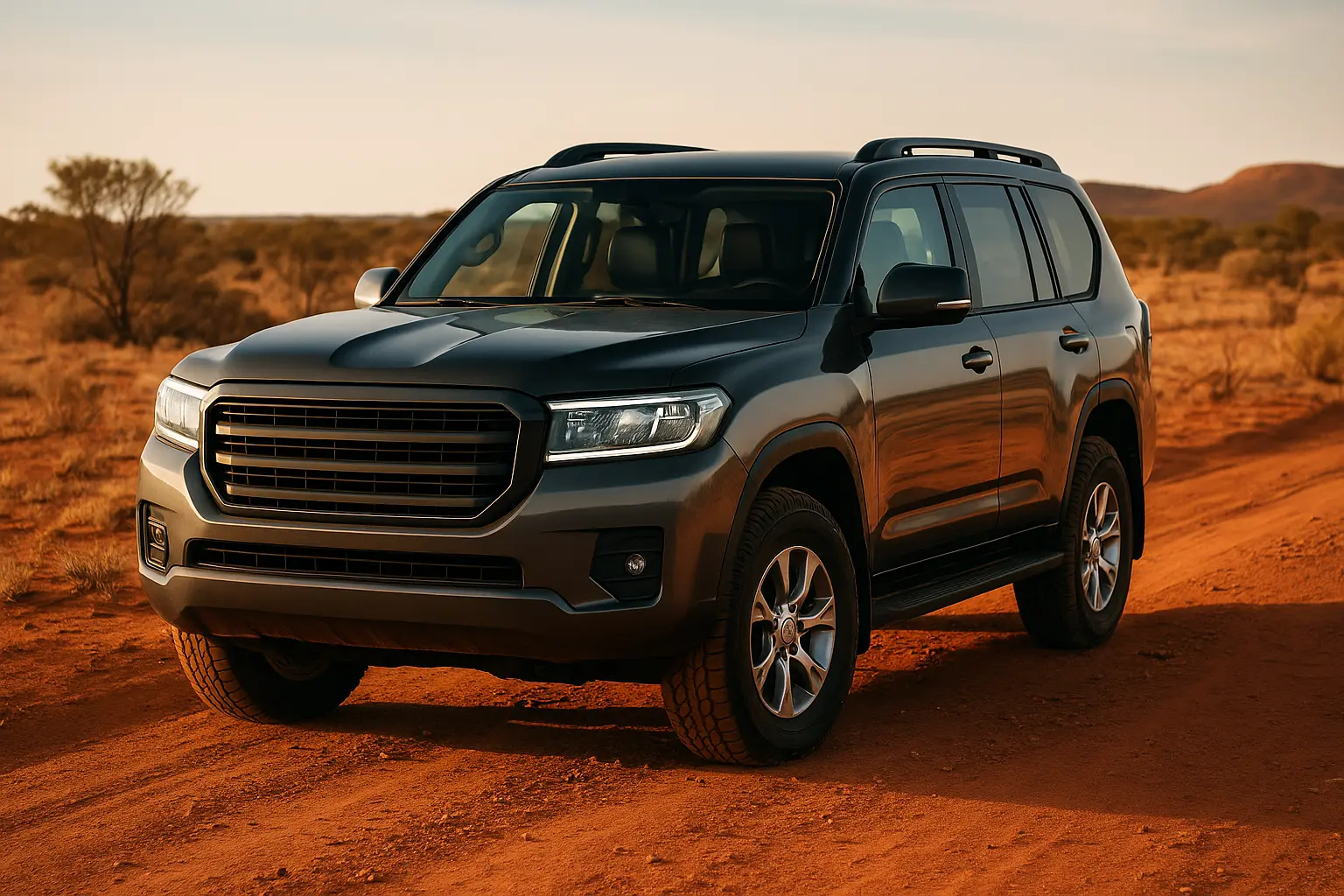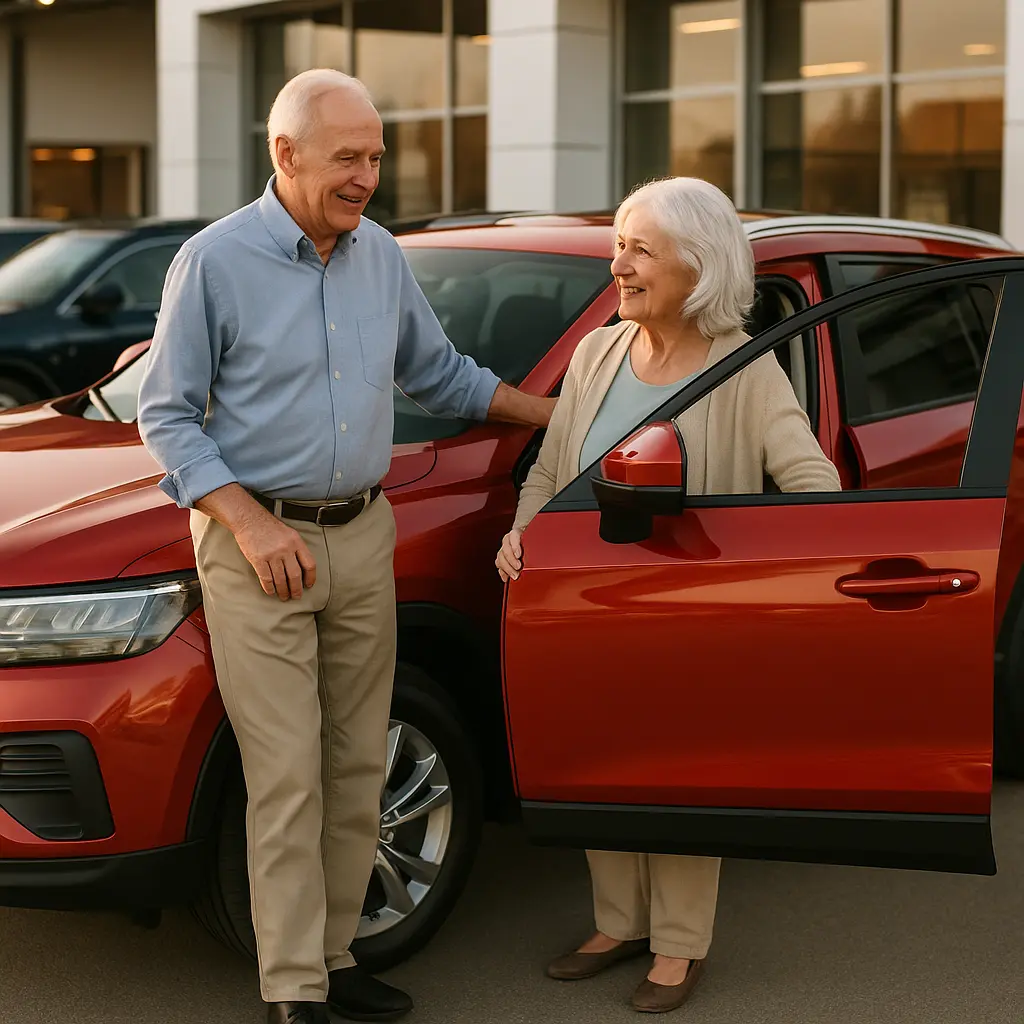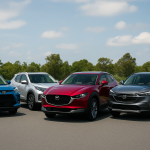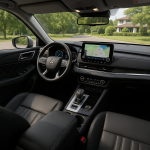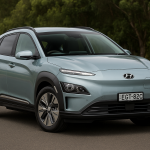The Australian automotive market in 2025 looks very different from even five years ago. Electric vehicles (EVs) are growing in popularity, hybrids are everywhere, and petrol-powered models remain the default for many buyers. Sitting somewhere between tradition and transition is the diesel SUV — once the go-to choice for rural drivers, off-road enthusiasts, and anyone who clocked serious highway kilometres.
But with stricter emissions rules, higher diesel prices in some regions, and improving alternatives, many Australians are asking: Is a diesel SUV still worth buying in 2025? Let’s break it down with a clear-eyed look at the market, performance, running costs, and long-term viability.
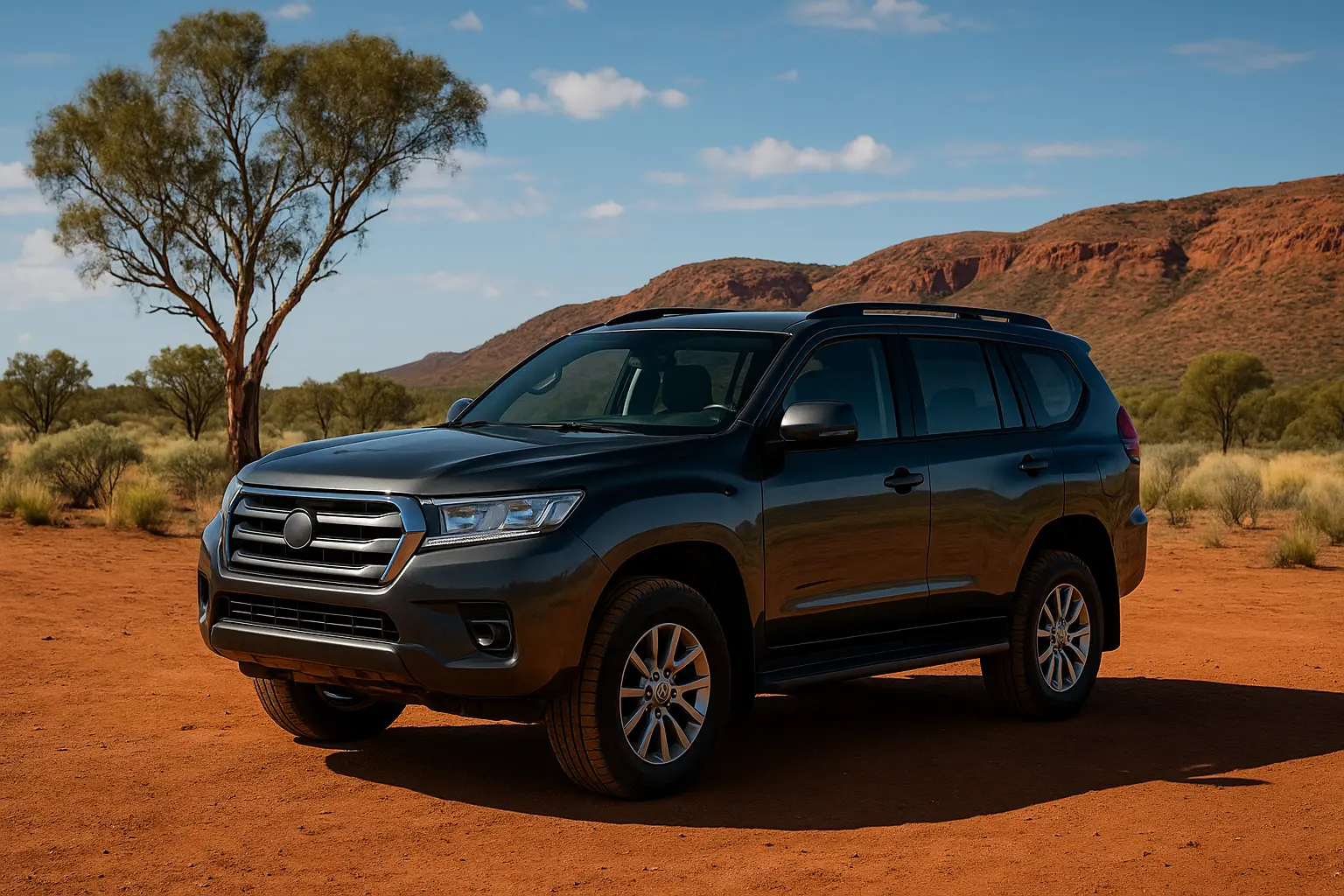
1. Diesel SUVs in Australia – A Brief Overview
Diesel SUVs have enjoyed decades of popularity in Australia for one simple reason: they suit our driving conditions. From long outback highways to mountainous terrain and towing heavy loads, diesel power has been synonymous with strength and endurance.
Historically, models like the Toyota LandCruiser, Mitsubishi Pajero Sport, Ford Everest, and Isuzu MU-X have dominated sales charts. These vehicles offered:
- High torque at low RPM — ideal for towing caravans and boats.
- Fuel efficiency on long trips — better mileage than many petrol equivalents.
- Durability — engines built to last hundreds of thousands of kilometres.
However, the rise of electrification and environmental awareness has changed the playing field.
2. The Diesel SUV’s Key Strengths in 2025
Despite market changes, diesel SUVs still hold several competitive advantages.
2.1 Superior Towing Capability
If you tow a caravan, horse float, or heavy trailer, diesel is still king. Torque delivery from a turbo-diesel engine provides pulling power without excessive revving, making long hauls smoother and more fuel-efficient.
2.2 Long-Distance Fuel Economy
Diesel engines often return better fuel economy than petrol engines over long highway runs. In a country where road trips can cover thousands of kilometres, this remains a strong selling point.
2.3 Engine Longevity
A well-maintained diesel engine can outlast petrol or hybrid counterparts. For buyers intending to keep a vehicle for 10–15 years, this long lifespan can translate into lower cost per kilometre.
2.4 Off-Road Performance
For serious off-road adventures, diesel SUVs offer low-end grunt, water-wading reliability, and better performance in remote areas where fuel quality can be inconsistent.
3. The Downsides of Diesel SUVs in 2025
While their strengths are undeniable, diesel SUVs also face headwinds.
3.1 Purchase Price
Diesel variants are often more expensive upfront compared to petrol or hybrid models, sometimes by several thousand dollars.
3.2 Fuel Cost Volatility
In 2025, diesel prices in Australia are generally higher than petrol per litre. While efficiency offsets this for some drivers, high mileage is needed to balance the books.
3.3 Maintenance and Servicing
Modern diesel engines are technologically advanced, with complex emissions control systems (like DPF filters and AdBlue). When these components fail, repairs can be costly.
3.4 Environmental Regulations
Australian states are tightening emissions rules, and future legislation could limit diesel sales in urban areas. While there’s no outright ban yet, the trend is clear.
3.5 Resale Value Concerns
As EV adoption grows, some analysts predict lower resale values for diesel vehicles in the next 5–10 years, especially in metropolitan regions.
4. Diesel SUV Market Trends in 2025
The 2025 SUV market shows a split personality. In urban Australia, hybrids and EVs are booming. But in regional areas, diesel remains dominant.
Key trends include:
- Diesel sales holding steady in 4x4 and large SUV segments — Toyota LandCruiser and Isuzu MU-X remain best-sellers.
- Hybrid diesel options emerging — brands like Land Rover offering mild-hybrid diesels for efficiency gains.
- Decline in small diesel SUVs — most compact SUV makers have dropped diesel entirely.
5. Fuel Efficiency Comparison – Diesel vs Petrol vs Hybrid
In real-world Australian conditions:
| Fuel Type | Average Highway Economy (Large SUV) | Range per Tank (Litres ~80) |
|---|---|---|
| Diesel | 7–9 L/100km | 900–1,100 km |
| Petrol | 10–13 L/100km | 600–800 km |
| Hybrid | 6–8 L/100km (combined) | 800–1,000 km |
| EV | N/A (but ~400–600 km per charge) | N/A |
Diesel’s long-range advantage remains unmatched for remote travel.
6. The Best Diesel SUVs to Buy in Australia in 2025
If you’re leaning towards diesel, here are top picks that still make sense:
6.1 Toyota LandCruiser 300 Series
- Unstoppable off-road
- 3.3L twin-turbo V6 diesel
- Towing capacity: 3,500 kg
- Exceptional durability
6.2 Ford Everest
- Strong towing credentials
- Modern interior tech
- Great ride comfort for long trips
6.3 Isuzu MU-X
- Affordable running costs
- Reliable 3.0L turbo-diesel
- Favoured by regional buyers
6.4 Toyota Prado
- Balanced size for city and bush
- Proven long-distance tourer
- Huge aftermarket support
6.5 Mitsubishi Pajero Sport
- Good value in 4x4 segment
- Efficient 2.4L turbo-diesel
- Strong warranty coverage
7. Who Should Still Buy a Diesel SUV in 2025?
Diesel SUVs are still worth considering if you:
- Tow regularly
- Drive more than 20,000 km annually
- Spend a lot of time in rural or remote areas
- Need proven off-road reliability
- Plan to keep the car for 10+ years
8. Alternatives to Diesel SUVs
If diesel doesn’t suit your needs, alternatives include:
- Hybrid SUVs — Toyota Kluger Hybrid, Lexus RX Hybrid (great city efficiency)
- Plug-In Hybrids (PHEVs) — Mitsubishi Outlander PHEV (short EV range, petrol backup)
- Electric SUVs — Kia EV9, Tesla Model X (zero tailpipe emissions, growing charging network)
- Petrol SUVs with turbocharging — Cheaper upfront but less efficient on long trips
9. The Future of Diesel in Australia
The short-term outlook suggests diesel SUVs will remain relevant for at least another decade in certain segments. However, government incentives, corporate fleet changes, and charging infrastructure expansion will chip away at diesel’s market share.
Rural Australia will likely be the last stronghold, where diesel’s range, torque, and refuelling convenience are unbeatable.
10. Final Verdict – Worth Buying or Not?
In 2025, diesel SUVs are still worth buying — but only if your driving habits match their strengths. For high-mileage drivers, towers, and adventurers heading beyond the bitumen, diesel delivers unmatched performance and reliability.
For city dwellers or occasional drivers, hybrids and EVs may offer better long-term value and lower environmental impact.
In short:
- Yes — for remote travel, towing, and long-term ownership.
- Maybe not — for urban commuting or short trips.
Leave a comment
Your email address will not be published. Required fields are marked *


